𝗘𝗹𝗲𝘃𝗮𝘁𝗲 𝘆𝗼𝘂𝗿 𝗰𝗼𝗿𝗽𝗼𝗿𝗮𝘁𝗲 𝘀𝗼𝗰𝗶𝗮𝗹 𝗿𝗲𝘀𝗽𝗼𝗻𝘀𝗶𝗯𝗶𝗹𝗶𝘁𝘆
𝗧𝗵𝗲 𝗰𝗮𝘀𝗲 𝗳𝗼𝗿 𝗱𝗶𝘀𝗮𝗯𝗶𝗹𝗶𝘁𝘆 𝗶𝗻𝗰𝗹𝘂𝘀𝗶𝘃𝗲 𝗵𝗶𝗿𝗶𝗻𝗴
Elevate Your Corporate Social Responsibility: The Case for Disability Inclusive Hiring
As a CEO committed to corporate social responsibility (CSR), you understand the importance of creating a positive impact on society while driving business success. One powerful way to enhance your CSR initiatives is by embracing disability inclusive hiring. Here’s a compelling argument for why integrating people with disabilities into your workforce can significantly bolster your CSR efforts:
Demonstrate genuine commitment to diversity and inclusion
Walk the talk: Hiring people with disabilities showcases your company’s genuine commitment to diversity and inclusion. It sends a clear message to your stakeholders—employees, customers, investors, and the community—that you value every individual’s unique contributions. This commitment can enhance your company’s reputation and strengthen relationships with key stakeholders.
Address social inequalities
Be a force for change: People with disabilities often face significant barriers to employment. By actively hiring individuals with disabilities, your company can help break down these barriers and promote social equity. Providing equal opportunities for people with disabilities not only benefits those individuals but also contributes to a more inclusive and fair society.
Foster an inclusive company culture
Create a positive work environment: Inclusive hiring practices can transform your company culture, fostering a sense of belonging and respect among all employees. When people see that their workplace values diversity, it can lead to increased morale, higher job satisfaction, and stronger team cohesion. An inclusive culture is a cornerstone of effective CSR.
Enhance employee engagement and loyalty
Boost morale and retention: Employees are more likely to feel proud and engaged when they work for a company that prioritises social responsibility. Inclusive hiring practices demonstrate your company’s dedication to doing the right thing, which can boost employee morale and loyalty. This, in turn, can lead to higher retention rates and reduced recruitment costs.
Strengthen community ties
Build community trust: Companies that actively support disability inclusion often enjoy stronger ties with their communities. By providing opportunities for people with disabilities, your company can become a trusted and valued community partner. This can lead to increased community support, positive word-of-mouth, and a stronger local presence.
Gain positive media attention
Enhance your public image: Inclusive hiring practices can attract positive media attention, showcasing your company as a leader in CSR. Media coverage highlighting your commitment to disability inclusion can enhance your public image, attract socially conscious customers and investors, and differentiate your company from competitors.
Access government incentives
Leverage financial benefits: Many governments offer incentives, grants, and subsidies to companies that hire people with disabilities. These financial benefits can support your CSR initiatives, making it easier to implement and sustain inclusive hiring practices while also contributing to your company’s bottom line.
Conclusion
Disability inclusive hiring is a powerful way to elevate your corporate social responsibility efforts. By demonstrating a genuine commitment to diversity and inclusion, addressing social inequalities, fostering an inclusive company culture, enhancing employee engagement, strengthening community ties, gaining positive media attention, and accessing government incentives, your company can make a meaningful impact on society while driving business success.
Are your CSR initiatives truly making a difference? Embrace disability inclusive hiring and take your corporate social responsibility to the next level. Together, we can create a more inclusive and equitable future for all.
Hashtags:
#DisabilityInclusion #InclusiveHiring #CSR #CorporateSocialResponsibility #WorkplaceDiversity #BusinessGrowth #SocialImpact #DiversityAndInclusion #CommunityEngagement #SocialEquity #InclusiveCulture







